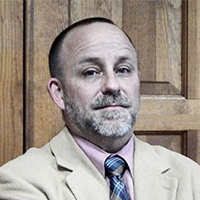 Andreas Misdemeanor Lawyers, Pennsylvania
Andreas Misdemeanor Lawyers, Pennsylvania
Sponsored Law Firm
-
 x
x

Click For More Info:
-
Ciccarelli Law Offices
Numerous Office Locations Available» view mapCriminal Defense Success Is Our Mission
You gain the resources of a Team with 100 years of combined experience fighting for their clients throughout Pennsylvania.
888-240-0896
Sponsored Lawyers
1-3 of 3 matches
DUI-DWI, Criminal, Felony, Traffic, Misdemeanor
Paul M. Aaroe, II, Esquire. Over 30 years of experience. Personal and professional services. Son of Superior Court Judge Paul Aaroe. Dedicated to Honesty, integrety and knowledge. I can help you. Known as the DUI GUY by the courts, Attorney’s and clients, he knows the law. Call me NOW toll free - 1(877)-726-5529
(more)


 Lee Ciccarelli West Chester, PA
Lee Ciccarelli West Chester, PA AboutCiccarelli Law Offices
AboutCiccarelli Law Offices Practice AreasSpecializations
Practice AreasSpecializations

